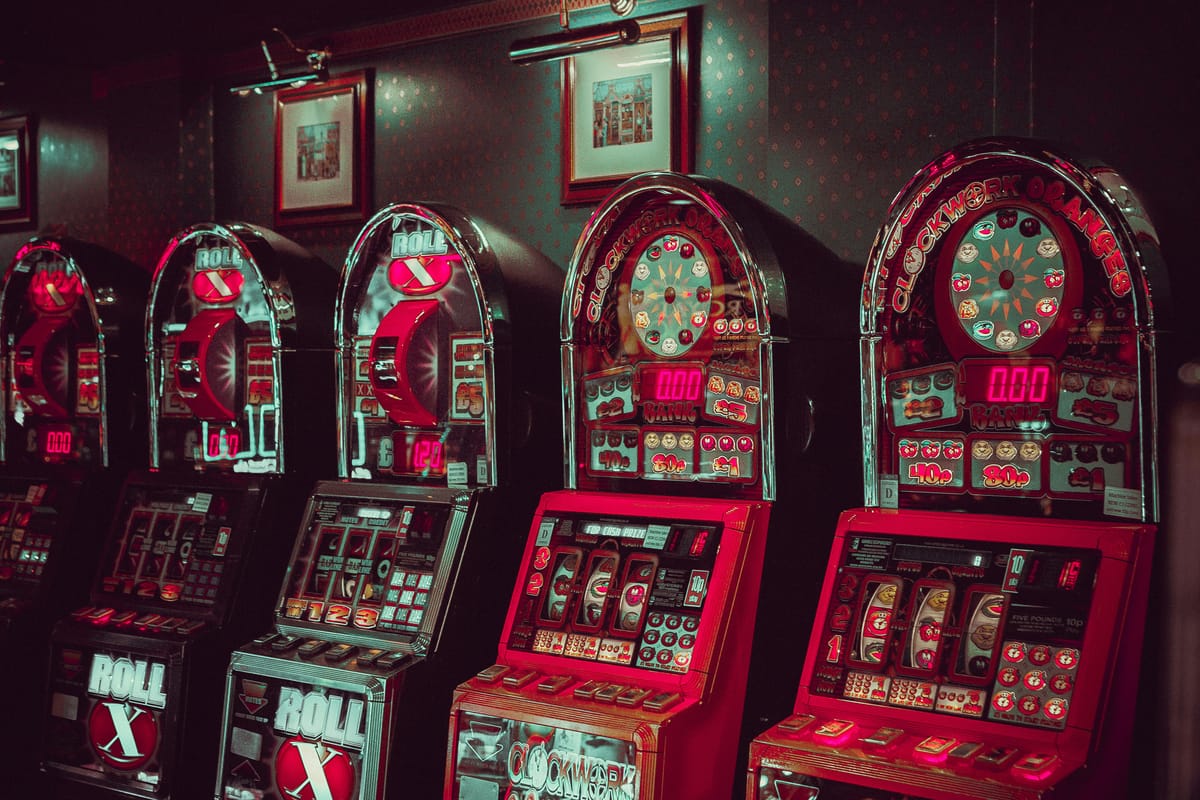California Sues to Halt Koi Nation Casino Project Near Windsor

WINDSOR, Calif. — The State of California and Gov. Gavin Newsom have filed a federal lawsuit to stop a controversial casino-resort proposed by the Koi Nation on the outskirts of Windsor, escalating tensions around the project and its potential impact on the surrounding community.
The lawsuit, filed against the U.S. Department of the Interior, argues that the agency improperly took land into federal trust for the tribe’s casino without following required procedures. State officials claim the department bypassed a key review process intended to assess the impact of such developments.
Legal Challenge to Trust Land Decision
At the heart of the state’s lawsuit is the “two-part determination” process required under federal law. This procedure mandates that the Interior Secretary consult with tribal, state, and local officials to evaluate whether a proposed casino would negatively affect the surrounding area. A governor’s approval is also required for gaming to move forward.
But the Interior Department, under then-Secretary Deb Haaland during the final days of President Joe Biden’s administration, approved the Koi Nation’s site using a different legal route—the “restored lands” exception. California officials argue this decision violated federal gaming laws.
“It did not undertake a two-part determination, or participate in the required intergovernmental consultation,” wrote California Attorney General Rob Bonta. “Instead, the Interior unilaterally took the Shiloh Site into trust.”
Opposition From Tribes and Community Groups
The lawsuit is not the only legal action challenging the project. The Federated Indians of Graton Rancheria filed a similar complaint in February, followed by a joint filing from the Lytton Rancheria, Dry Creek Rancheria, and Cloverdale Rancheria. These tribes say the Koi Nation's proposed casino violates federal laws and encroaches on their traditional territories.
Graton Rancheria Chair Greg Sarris strongly backed Newsom’s legal move. “We strongly support Governor Newsom’s suit challenging the Interior Department’s rushed, illegal decision to rubber stamp the Koi Nation’s proposed casino on our sacred tribal lands,” Sarris said in a statement.
Sarris also criticized the process that led to the land approval, calling it a top-down decision from federal officials who ignored local voices. “Unelected Washington bureaucrats steamrolled this project to achieve a predetermined outcome,” he said.
Local Concerns Over Development
Nina Coté, representing the grassroots group Our Community Matters, also submitted a declaration opposing the casino. Coté argued that if the land remains under local control, zoning laws would prevent a casino. Federal trust status removes those restrictions.
“Our Community Matters believes that the Project will be devastating to the character, public safety, environmental quality and fire evacuation risks of our quiet residential community,” Coté wrote.
The casino site sits in the lightly developed Shiloh neighborhood, surrounded by homes, schools, parks, and vineyards.
Koi Nation Remains Silent
The Koi Nation has declined to comment on the state’s lawsuit. Their proposal includes a 400-room hotel and a 530,000-square-foot casino with 2,750 gaming devices and over 100 table games, all on a 68-acre parcel.
Critics of the project have questioned the tribe’s connection to the area. The Koi Nation traces its roots to the Clear Lake region, about 30 miles away, but asserts the Shiloh site lies along its historic trade routes and reflects a long-standing presence in Sonoma County.
As opposition mounts, attention now turns to the U.S. Department of the Interior, now led by Secretary Doug Burgum under President Donald Trump. The agency has recently reconsidered approvals for other tribal casinos in Northern California, offering project opponents renewed hope for a reversal.
